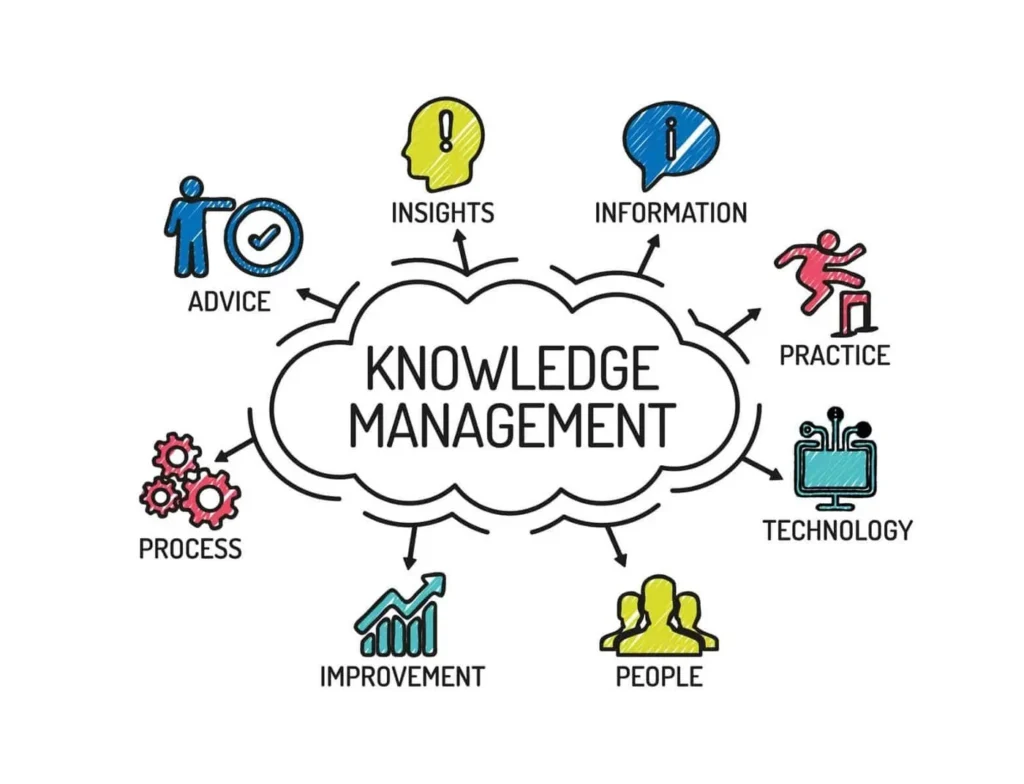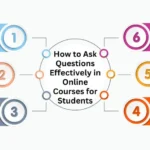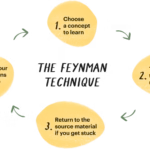(PKS) Okay, imagine this: you stumble on a brilliant idea for a side project, scribble it on the back of a grocery bill, and forget where you kept it.
Or you read a killer blog post on microservices but can’t find it again when your manager brings up the topic in a meeting. Sound familiar?
We consume so much information every day. But without a system to store, retrieve, and connect that information, it’s like pouring water into a sieve.
You’re not alone. We all do it.
That’s why a PKS (Personal Knowledge System) matters — it’s not about hoarding info, it’s about thinking better and doing more with what you already know.
Accept the Chaos First in Your Personal Knowledge System(PKS)

Before you dive into tools and structures, here’s a tiny truth no one tells you: knowledge systems are messy at first.
You’ll try things. You’ll drop tools. You’ll reorganize your notes ten times. And that’s totally okay.
I tried going full productivity nerd with color-coded tags, PARA methods, and all that. Burned out in a week.
What actually worked? Starting small. Writing daily. Making peace with the mess and letting the system evolve naturally. Like, start by just capturing your ideas somewhere — anywhere.
Choose Tools That Feel Right for Your Personal Knowledge System(PKS)
You don’t need a 5-app tech stack to start.
I began with a simple notes app on my phone. Nothing fancy. Just a place to quickly dump ideas, links, quotes, and aha-moments. Later I graduated to a tool with folders and backlinks. But I didn’t force it.
Here’s my current stack:
- Quick capture: Phone notes + voice memos (especially during walks)
- Longer thoughts: A markdown-friendly notes app (syncs with desktop)
- Permanent vault: A local folder with my “evergreen notes” (we’ll get to that)
- Daily journal: Just plain text. No rules
You could use anything — paper notebook, Notion, OneNote, Obsidian, whatever. But pick something you’ll actually use daily. That’s key.
Make Three Buckets in Your Personal Knowledge System(PKS)
At some point, I realized I was hoarding random content. Bookmarks, PDFs, webinars… and I never looked at them again. So I simplified.
Now I store everything under just three buckets:
- Inbox – quick, unfiltered dumps. No pressure.
- Work in progress – ideas I’m actively shaping. Could be blog outlines, project notes, half-baked concepts.
- Evergreens – timeless, well-written notes I revisit often. Like personal Wikipedia pages.
When something is ready to “graduate,” I move it from the inbox to evergreen.
Some notes never make it. That’s fine.
Make Notes That Talk To You
At first, I’d copy-paste stuff from articles. Big mistake. It felt smart but added no real value.
Now I rewrite everything in my own words. Even if it takes longer.
I also add tiny comments to myself — like:
“This bit about Kafka made my brain hurt… maybe revisit after coffee.”
Or:
“Reminds me of that weird bug I saw in our dev environment.”
This turns notes into something personal. Not just a storage unit, but a thinking partner.
Honestly, this shift changed everything for me.
Connect the Dots
This part takes time — but it’s where the magic happens.
As you build your system, try to link ideas across notes. Not in a rigid database sense. More like:
“Hey, this thought about timeboxing connects to that blog I read on flow states.”
It’s like drawing little mental threads. Suddenly, things click. You see patterns. You recall ideas faster. Your brain starts working like a web, not a pile of sticky notes.
Some tools support backlinks and tags. Use them if you like. But even writing:
“See: Note on burnout strategies”
is enough.
Real Talk: What This System Has Done for Me
A few surprising things happened once I committed to my PKS:
- I feel less overwhelmed. When I know where to put things, I don’t panic about forgetting them.
- I write better and faster. Pulling ideas from my evergreen notes is like having a toolbox always ready.
- I think clearer. I can trace how my understanding evolved over months. That’s wild.
- I’m more creative. Because I now notice connections between unrelated things.
It’s not productivity for productivity’s sake. It’s clarity. And that’s priceless.
Conclusion
Building a personal knowledge system isn’t a weekend project. It’s a relationship. You grow with it. You argue with it. You prune it like a bonsai tree.
Some days, you’ll ignore it. Other days, it’ll save your butt before a meeting.
But if you’re a curious human — and if you’re reading this, you probably are — then having a place to hold your thoughts is one of the kindest things you can do for your future self.
Read our more blogs-How to Ask Smarter Questions and Learn Fast


